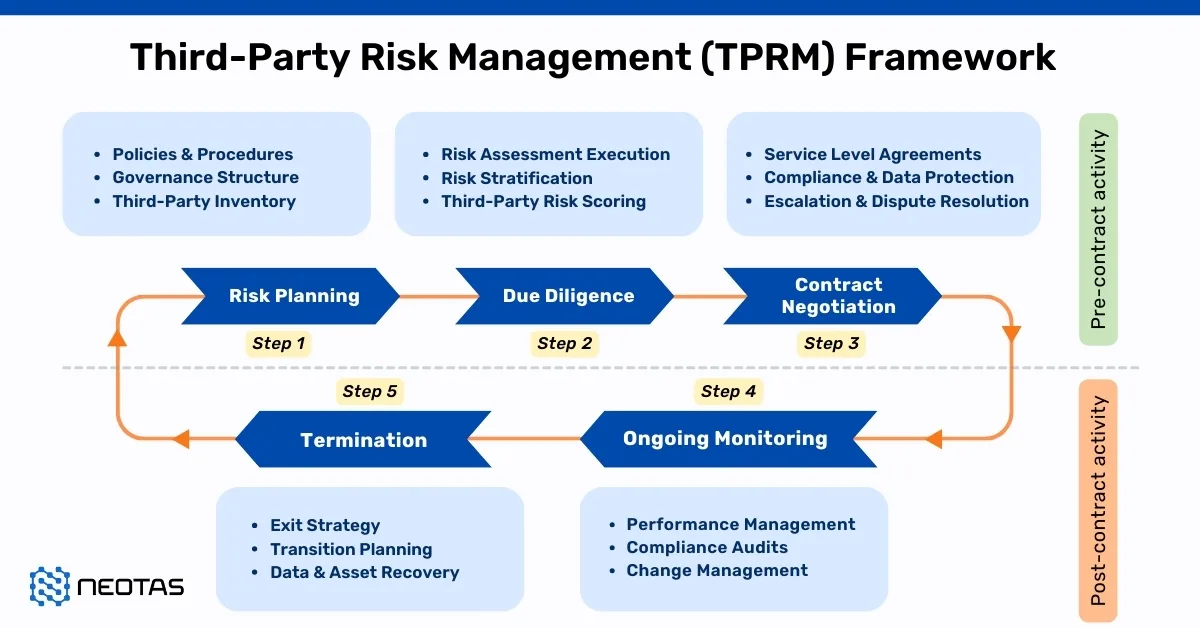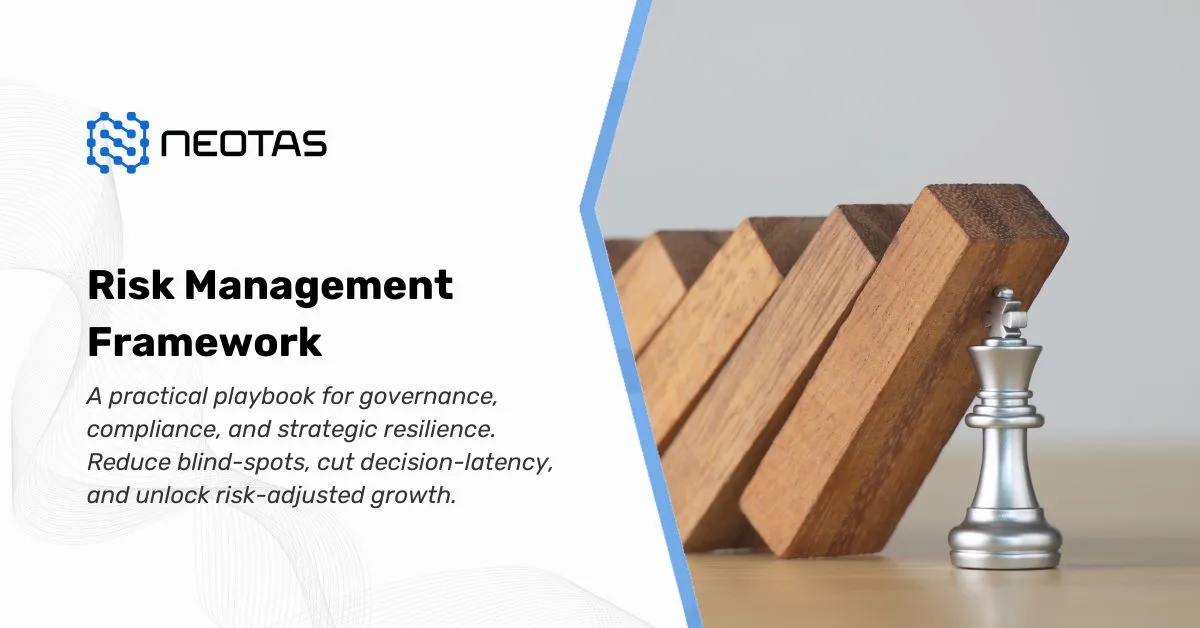Data Driven FCA
As we approach the anniversary of the FCA’s first published set of aggregated results, it is a good time to review what that means for risk managers across the UK and Europe.
Based on its annual financial crime survey of over 2,000 firms, firms may find the insights helpful as the data enables a comparison of their own management information against industry-wide trends and averages reported in the survey. Since 31 December 2016, the FCA has required over 2,000 firms subject to the UK Money Laundering Regulations, including all UK banks and building societies, to submit an annual financial crime data return.
The report identified that the respondent firms had a customer base of approximately 549m relationships in total. Of these 120,000 involved ‘politically exposed persons’ (PEPs), just 0.02% of total customers, with 1.6m other ‘high-risk customers’ (an overall share of 0.29% of total customers). While these percentages may be a small share of overall relationships their importance should not be underestimated.
It is possible that the FCA could use this industry-wide data to target firms for additional supervision in terms of AML controls. For instance, the FCA could focus on an individual firm with high-risk or PEP customer shares exceeding these industry-wide averages, such as Wealth management firms or, on the other hand, target those falling significantly below what might be expected for a firm of that size (and therefore potentially evidencing inadequate identification of high-risk customers). Adequate identification and management of high-risk customers has remained a key focus in the FCA’s 2017/18 annual report. Enforcement activity taken in June 2018 against Canara Bank is just one example…
The challenge then is one of multiple layers. As well as ensuring a culture of compliance there is the need to carefully apply budgets and resources to the high volume of clients and transactions that may become an issue as well as the high risk clients that need closer supervision.
The Money Laundering Reporting Officers within the surveyed firms handled 923,000 internally escalated suspicious cases in the 12-month reporting period. Following investigations, 363,000 suspicious activity reports (almost 40%) were then filed externally by firms with the UK National Crime Agency (the NCA), together with over 2,100 terrorism-related suspicious activity reports. Only a small percentage (approximately 1%) of SARs filed with the NCA resulted in the NCA taking enforcement action. This perhaps indicates ‘over reporting’ within the sector but the OECD has criticised the UK for the low level of corruption enforcement activity resulting from the current SARs regime. Given the large volume of SARs filed on a daily basis, and many being of ‘low quality’, investigation authorities face a challenge in detecting where the real risks lie.
In relation to country risk, the top 5 countries most often classified as ‘high risk’ by surveyed firms based on the risk of financial crime were Iran, Panama and Russia, Iraq and Laos. The FCA emphasised that the industry rankings of country risk based on the survey results do not reflect the FCA’s views given that some firms may not have performed a risk assessment of certain jurisdictions. Despite this caveat, when viewed alongside other publicly available indexes such as Transparency International’s Corruption Perceptions Index, firms may find this useful guidance on the general views taken by their peers on country risk.
Rogue customers are perceived to be the principal perpetrators of crimes such as application fraud, insurance fraud, mortgage fraud and loan repayment fraud. Employees are similarly believed to be behind most expenses fraud and situations where fraud results from a person abusing a position of trust.
As data improves to better identify the risk so do the tools available to manage the risk. At Neotas we utilise AI, machine learning, natural language processing and skilled analysts to ensure that enhanced due diligence is faster and more insightful than ever before. Zero false positives, comprehensive use of surface, deep web and social media content, unlimited timelines (not just a 3 year news search!) and a number of other technological advantages ensure that our clients are better informed, and thereby more compliant than ever before.
Contact us today!



 New Whitepaper and Checklist
New Whitepaper and Checklist
























